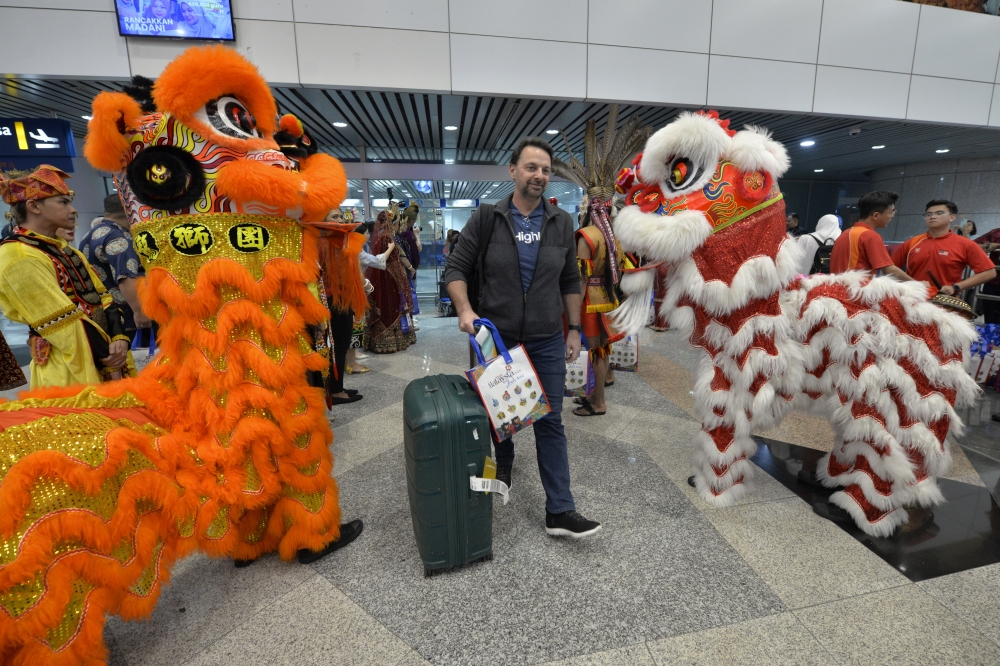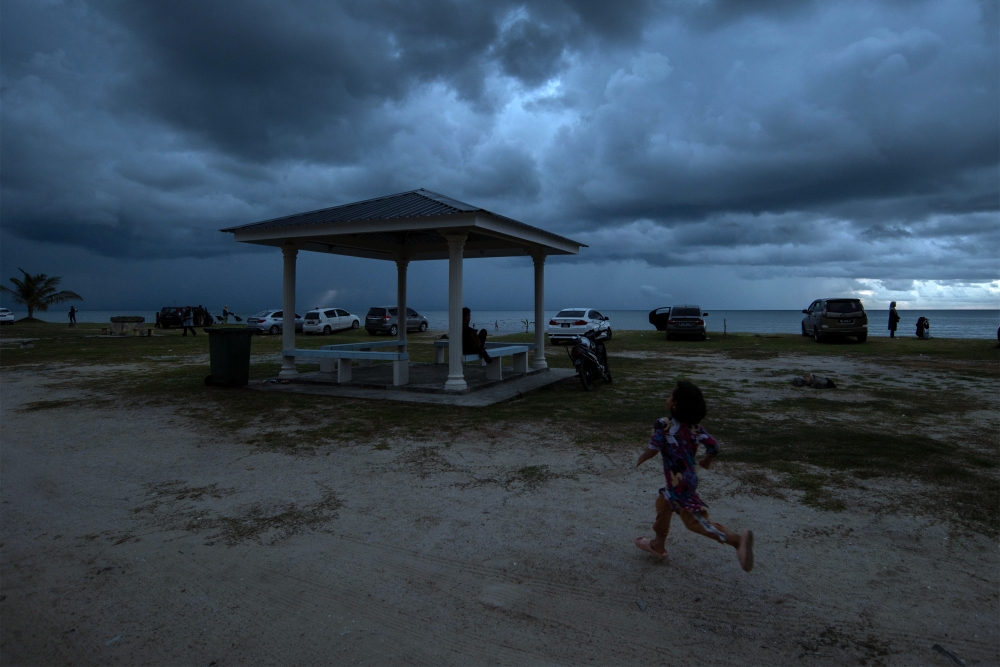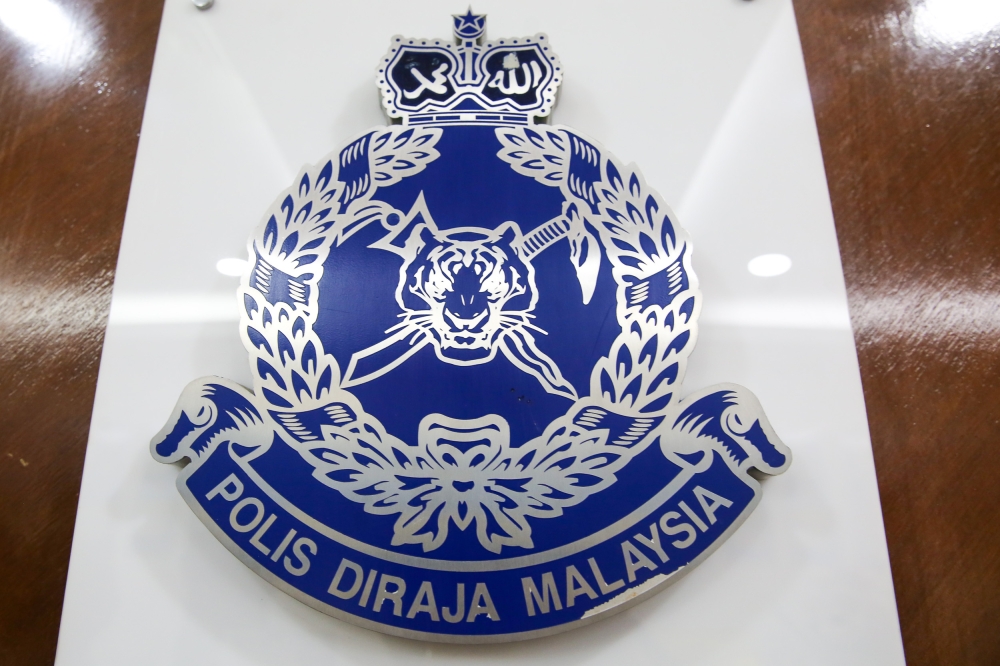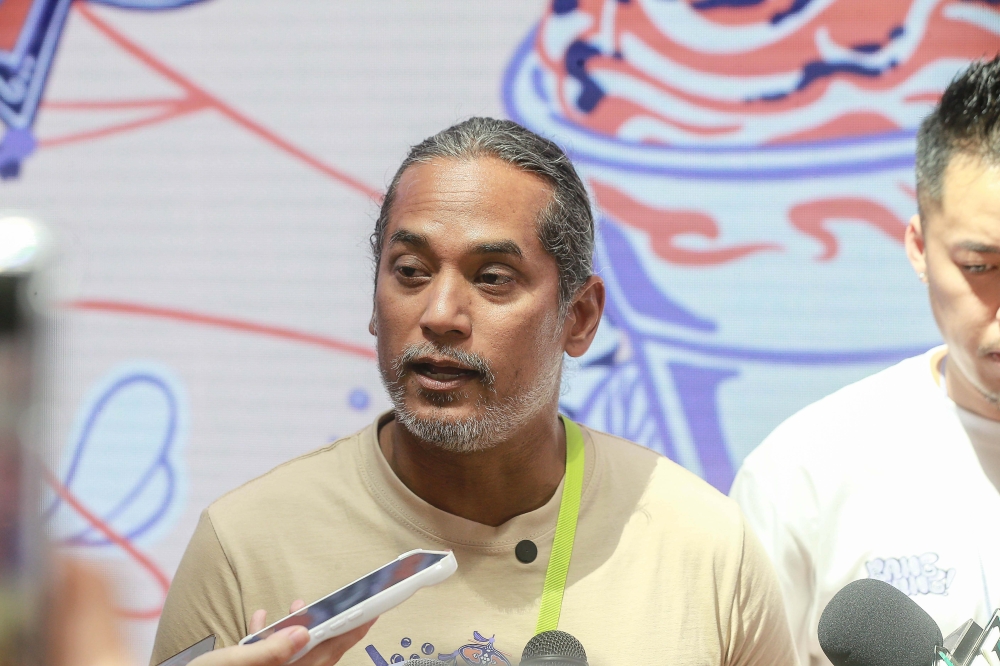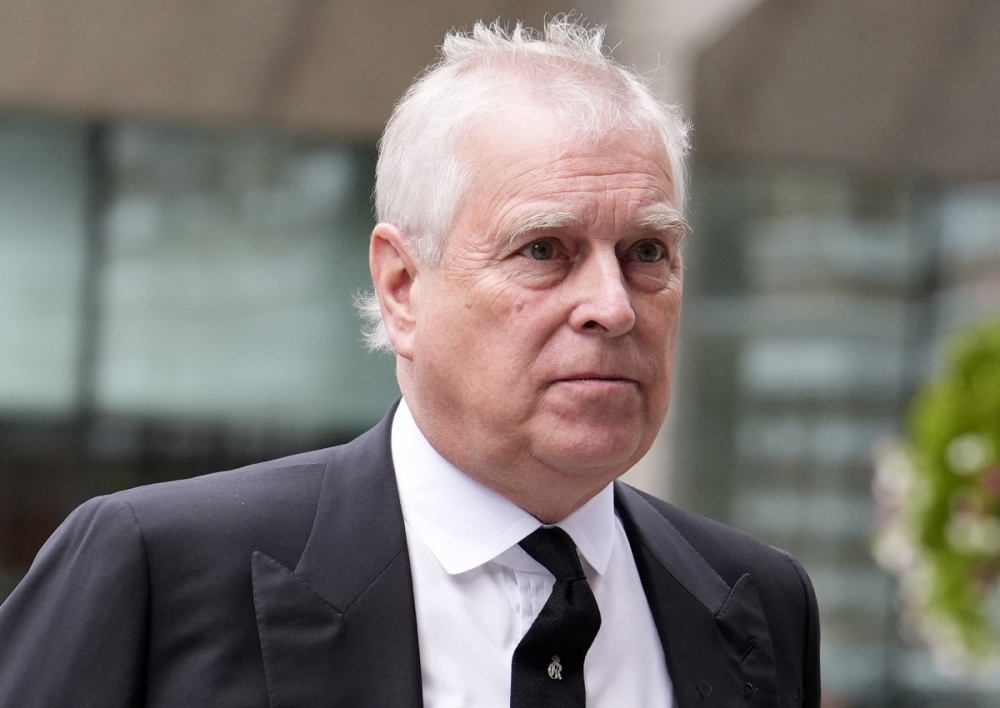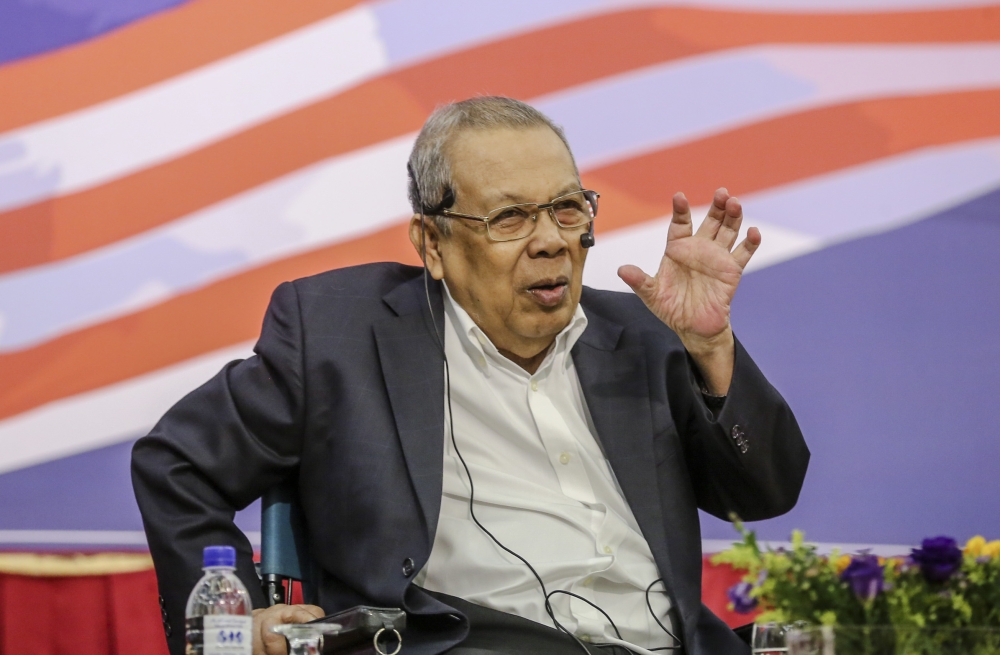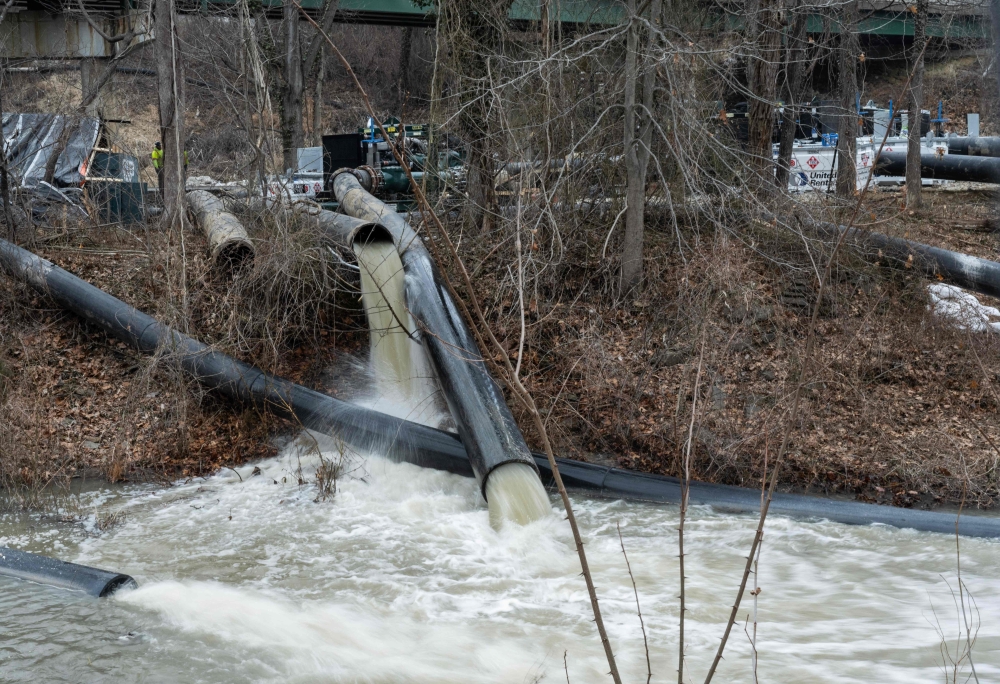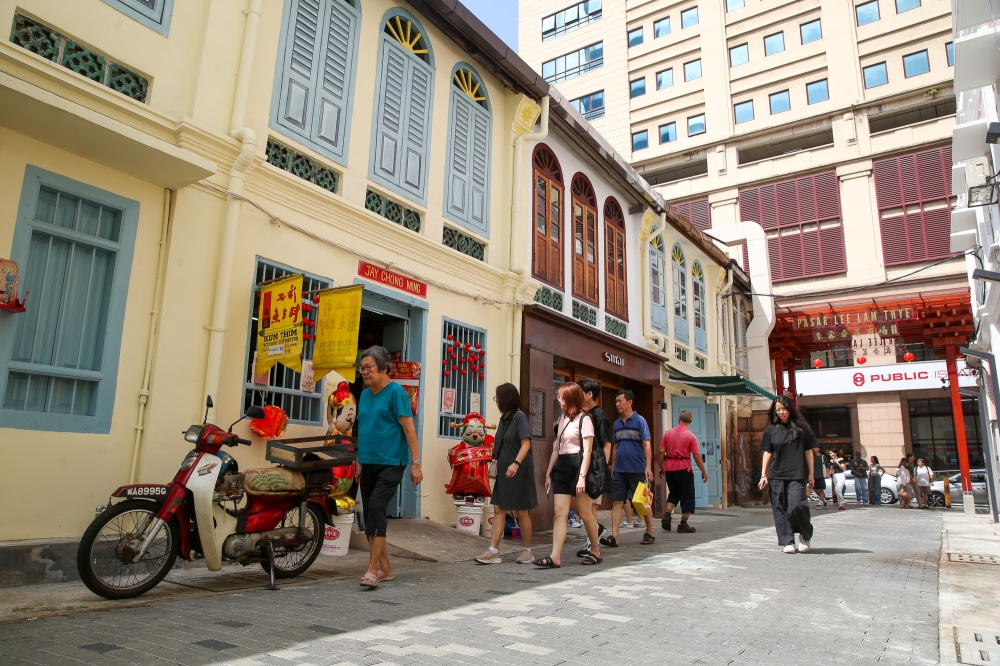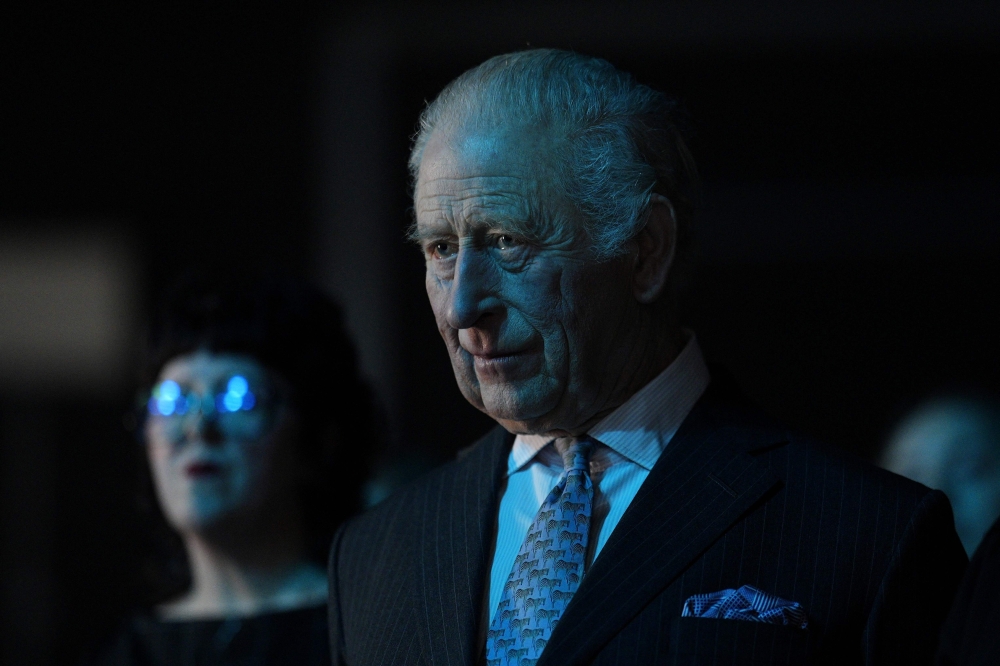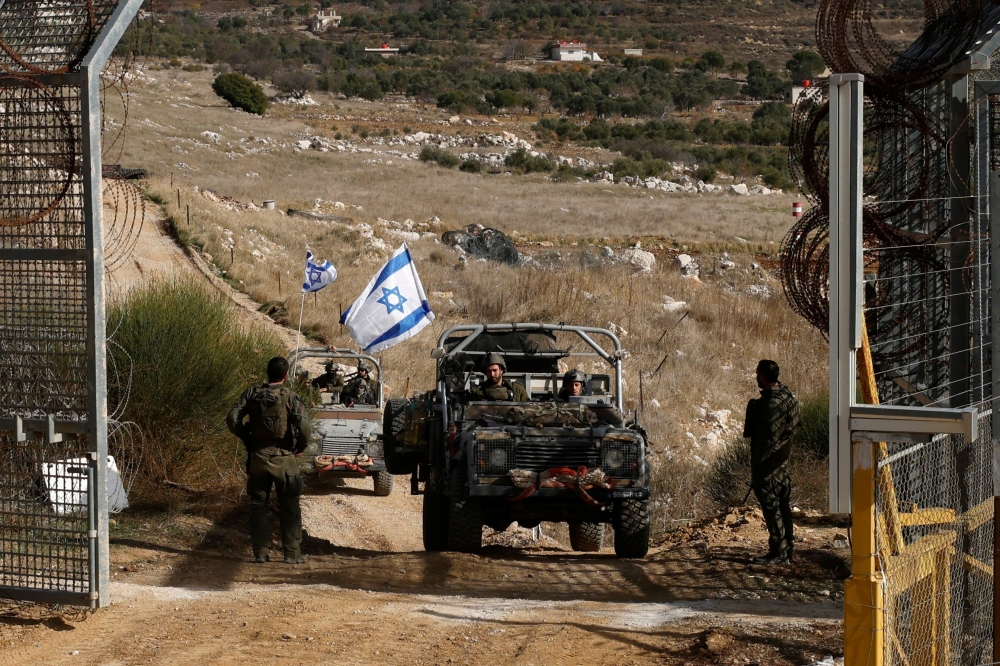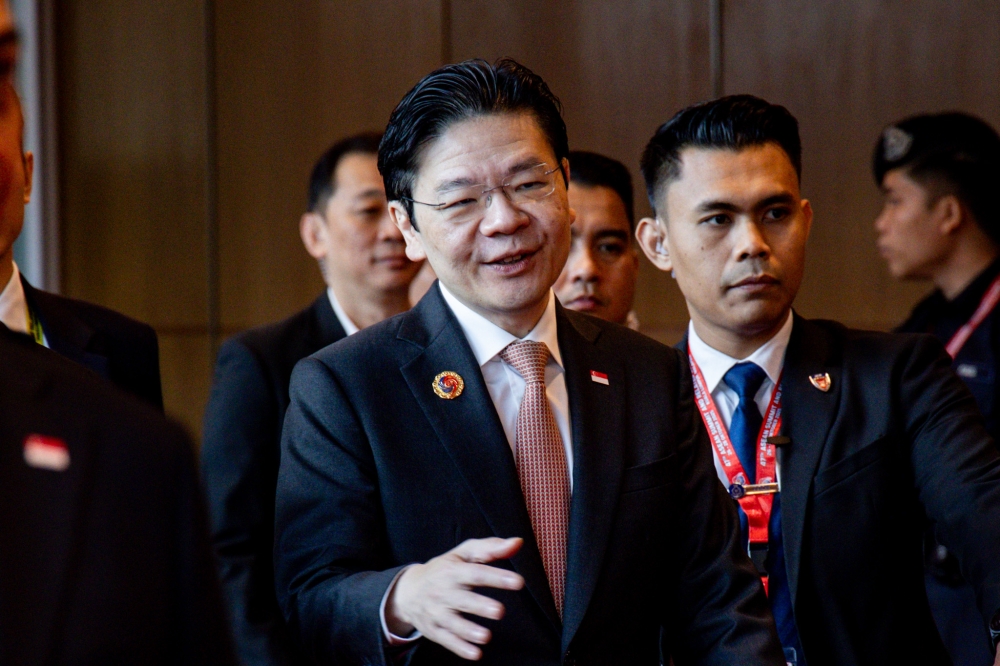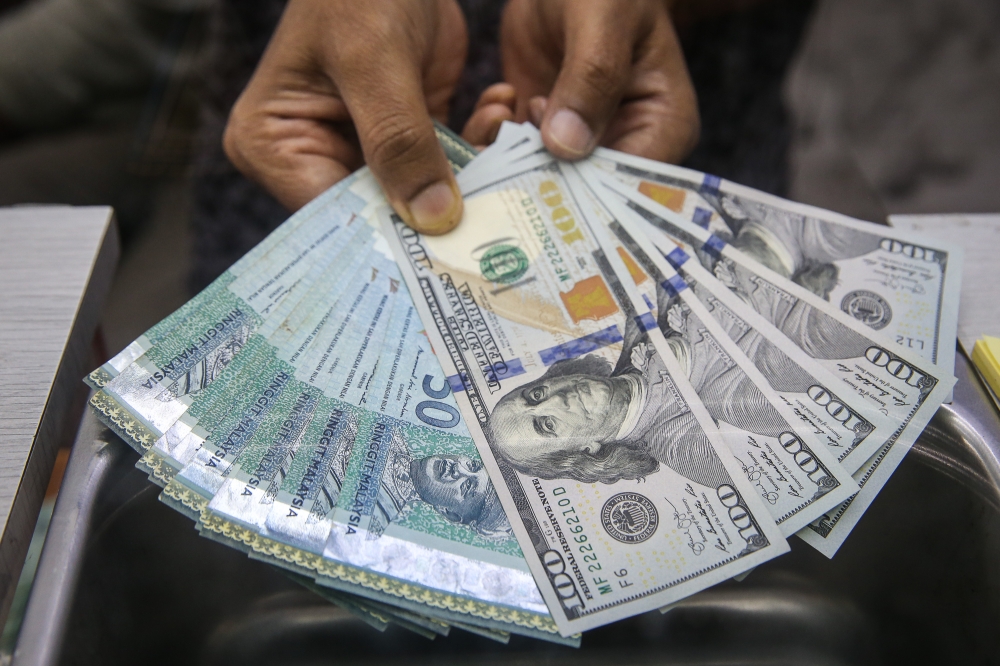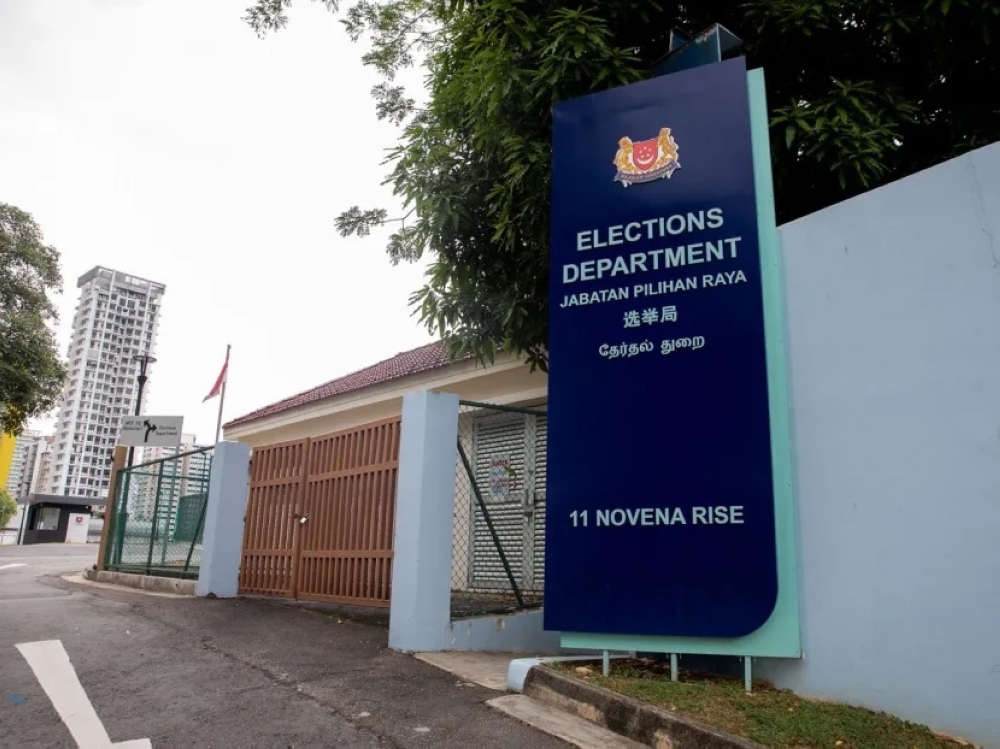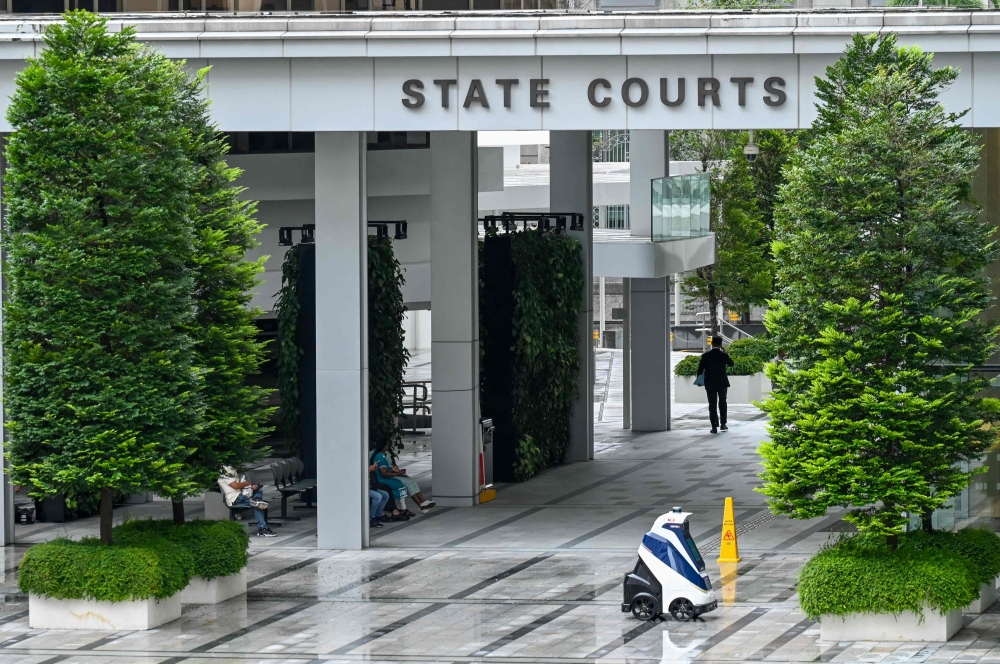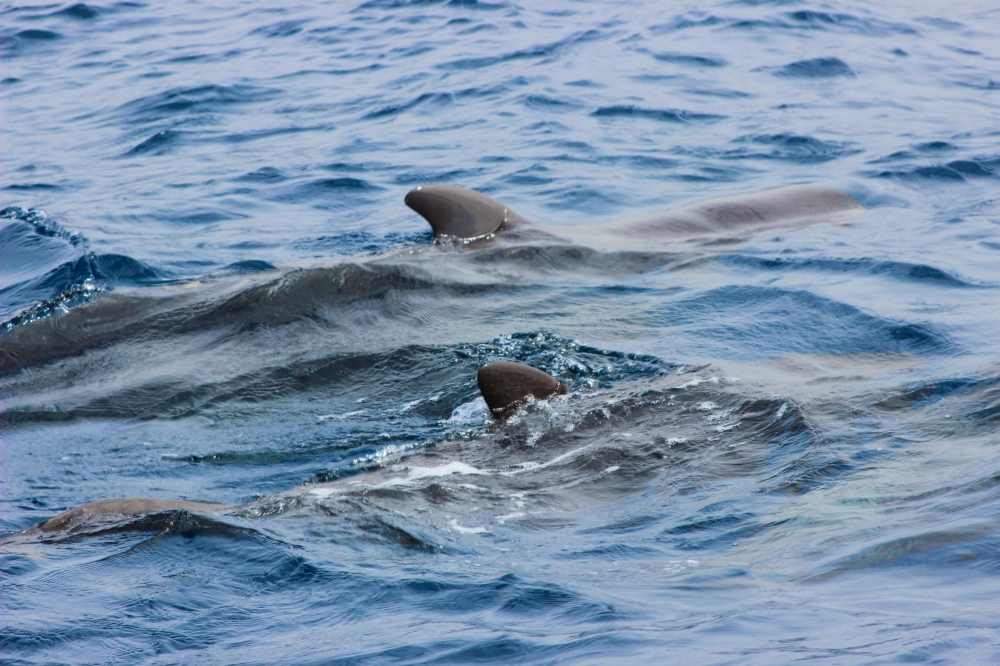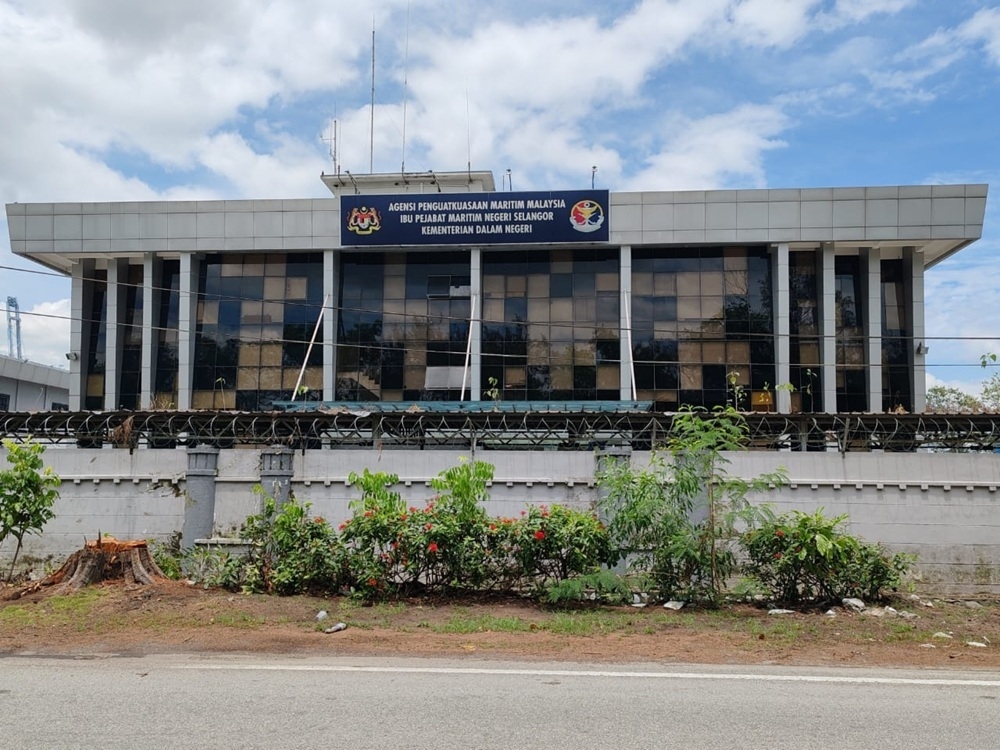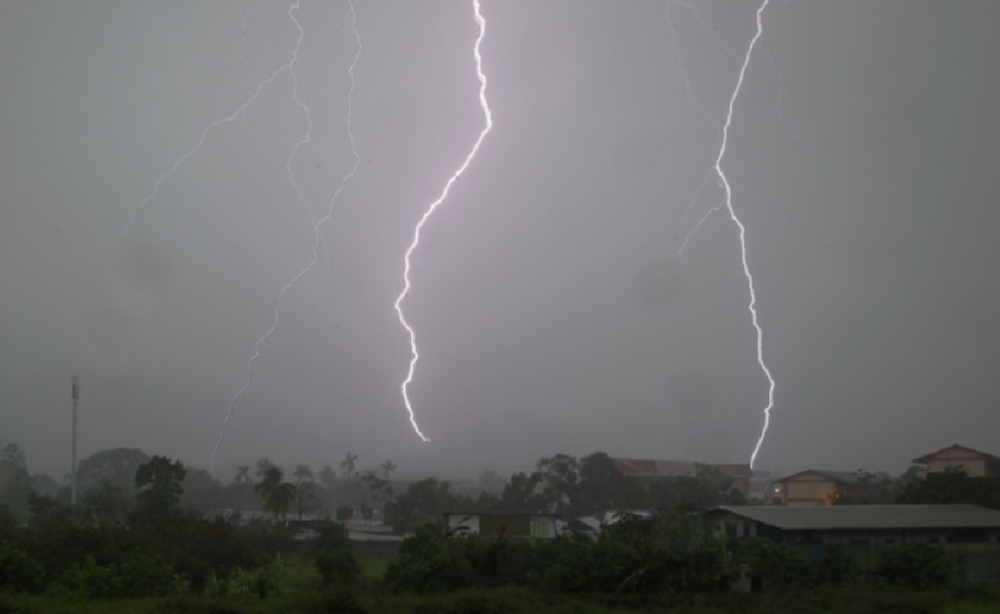SINGAPORE, May 29 — Talk of a possible contested election has intensified after President Halimah Yacob announced today that she will not be running for re-election in the next presidential election.
The six-year term of Halimah, Singapore's eighth president, expires on Sept 13.
Halimah took office on Sept 14 in 2017 after an uncontested election was held owing to a lack of other eligible candidates.
The election was reserved for ethnic Malays because there had not been a president from the racial group for the five most recent presidential terms.
The upcoming elected presidency will not be reserved for minority candidates.
TODAY takes a look at what can be expected next and why the upcoming elected presidency matters.
What happens next?
Under the law, the presidential election must be conducted within six months after the office of the president becomes vacant before the incumbent’s term expires, or not more than three months before the incumbent’s term expires.
As Halimah's term is due to expire on Sept 13, that would suggest that the election, if one is needed, could be held from June 13 onwards.
TODAY has asked the Elections Department to clarify the timeframe.
The first step is that Prime Minister Lee Hsien Loong will issue a Writ of Election for the presidential election.
The Elections Department will then announce the date, time and place for prospective candidates seeking nomination as candidates.
Prospective candidates who wish to contest in the election must apply to the Presidential Elections Committee for a certificate of eligibility.
The prospective candidates also must submit a community declaration to the Community Committee, which determines the prospective candidate’s ethnic community.
Though the upcoming elections will be open to all races, the community declaration is still needed to calculate when the next reserved election will be.
On Nomination Day, prospective candidates must present their nomination papers and certificates to the returning officer at the nomination centre.
If only one candidate is successfully nominated, the returning officer will declare the nominated candidate to be president, but if there is more than one successful nomination, an election will be conducted.
If an election is conducted, candidates are allowed to campaign immediately after the conclusion of the nomination proceedings on Nomination Day until the start of Cooling-Off Day.
Campaigning is not allowed on Cooling-Off Day, which is on the eve of Polling Day, to give voters time to reflect on issues raised during the elections before voting.
On Polling Day, eligible voters can cast their votes between 8am and 8pm.
After the polls close, ballot boxes will be transported to the counting centres. The returning officer will announce the outcome of the poll after the count is completed.
Postal votes and ballots cast at polling stations overseas will be sent back to Singapore for counting after Polling Day.
If the number of overseas voters has no material impact on the election outcome, then the returning officer will declare the candidate who receives the highest number of votes to be elected as president.
If the number of votes cast overseas could affect the outcome, the returning officer will announce the number of votes cast in Singapore in favour of each candidate and defer the declaration of the vote until the overseas votes are counted.
What’s special about this year’s election?
The upcoming presidential election will be the first since the pandemic, when Halimah gave her approval for the Government to draw down billions of dollars from past reserves to fund the nation’s Covid-19 public health expenditure for the three financial years of 2020 to 2022.
Under Singapore's Constitution, the president's approval is required for such drawdowns.
In addition, it is also the first open election since the eligibility criteria were enhanced in 2016, Dr Eugene Tan, associate professor of law at the Singapore Management University and former Nominated Member of Parliament, said.
These enhanced eligibility criteria refer to the public and private sector service requirements which were adopted on the recommendation of a constitutional commission chaired by Chief Justice Sundaresh Menon.
Dr Tan and Dr Gillian Koh, deputy director of research at the Institute of Policy Studies, also said that another reason that makes the upcoming election special is that this is the first open election since the reserved presidential election for Malay candidates in 2017.
What does the president do?
The president, who is the head of state, has two important roles.
Firstly, as a symbol and unifier of a diverse and multiracial Singapore, and secondly, as a custodian of the nation’s past reserves and the integrity of its public service.
The president serves to ensure good governance in key public sector appointments and in the use of national past reserves, Dr Tan said.
“The president acts like a circuit breaker should a rogue government seek to make undeserved appointments and spend our past reserves profligately.
“To be clear, any presidential vetoes will have to be exercised with the advice and recommendations of the Council of Presidential Advisers,” said Dr Tan.
This council is created under the Constitution.
Other than these roles, the elected president also has other powers that are important too, Dr Koh said.
“For example, the president can approve an investigation by the Corrupt Practices Investigation Bureau (CPIB), even if the prime minister has refused to give consent to the director of the CPIB to do so.
“The president also has the power over the appointment, terms of service, disciplinary control, termination of appointment and dismissal of his or her personal staff,” Dr Koh said.
Who is eligible to run for president?
To qualify as candidates in a presidential election, a candidate must be at least 45 years old and meet the public or private sector requirements.
Under the public sector service requirements, the candidate must have held office in one of the following positions for at least three years: a minister, chief justice, speaker of Parliament, Attorney-General, chairman of the Public Service Commission, Auditor-General, Accountant-General, permanent secretary, or have served as chief executive in a key statutory board or government company.
To fulfil the private sector requirements, the candidate must have served at least three years as chief executive of a company that has at least S$500 million (RM1.7 billion) in shareholders’ equity.
They must also have made profit after tax throughout those three years.
If the candidate has ceased to be the company's chief executive before the Writ of Election is issued, the company must not be subject to any insolvency event from the candidate's last day of service for the following three years or up till the Writ of Election is issued, whichever is earlier.
Under the Constitution, the candidate is also required to be a person of integrity, good character and reputation. — TODAY

